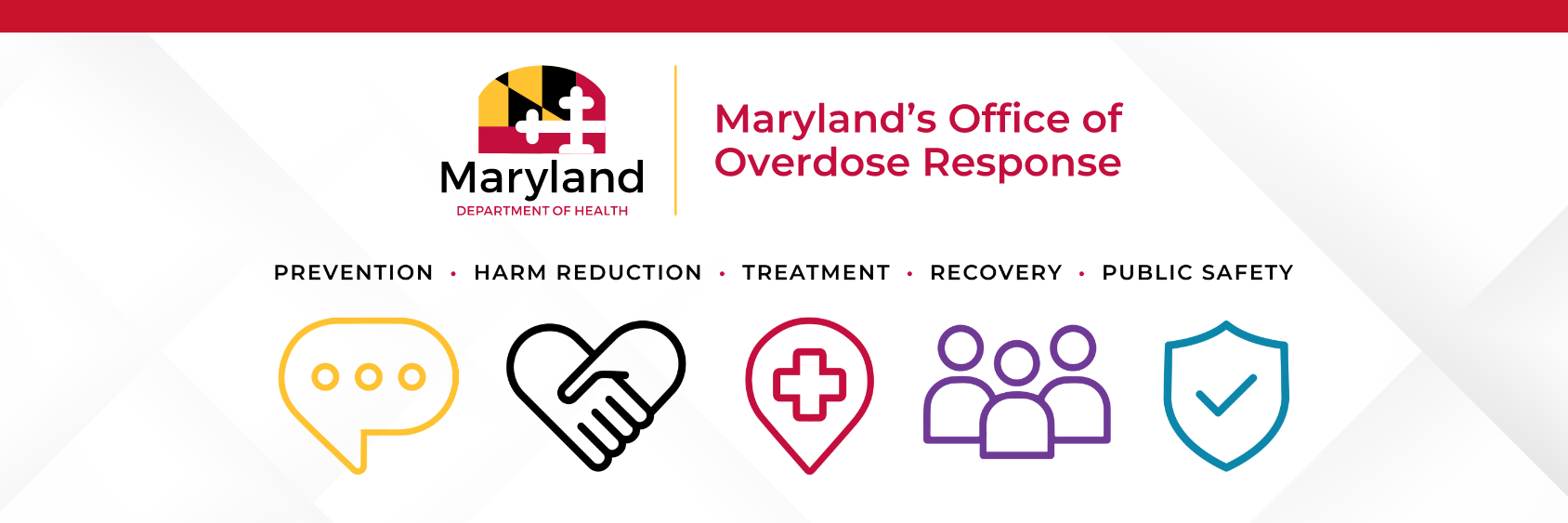The Maryland Department of Health and the Opioid Operational Command Center Thank Marylanders for Participating in National Drug Take Back Day
For immediate release: May 4, 2022
Collection Sites Across Maryland Can be Used to Safely Dispose of Unused Prescription Medications
ANNAPOLIS, MD – The Maryland Department of Health (MDH) and the Opioid Operational Command Center (OOCC) are thanking Marylanders across the state for taking part in National Prescription Drug Take Back Day on Saturday, April 30. Participants dropped off their unused prescription medications at dozens of sites located throughout the state.
Lt. Governor Boyd K. Rutherford also took part in the event by volunteering at Wilde Lake Village Center in Howard County to assist with collection efforts with HC Drug Free.
“By removing unused drugs from the home and disposing of them safely, we stop medications from being misused and reduce the risk of overdose,” said Lt. Governor Rutherford. “It is our collective impact, working with state, federal and local agencies, as well as the community-based organizations, that will help us further reduce the number of overdoses in our state and save lives.”
National Drug Take Back Day is a biannual event that seeks to reduce the risk for prescription drug-related overdose by offering individuals a safe and environmentally friendly opportunity to dispose of unused medications from their homes.
Marylanders are also able to dispose of prescription medications throughout the year. Drop-off locations can be found using the Drug Enforcement Administration’s Collection Site Locator. All 23 Maryland State Police (MSP) barracks offer 24/7 drug disposal services, and various other participating organizations offer drop-off locations around the state. More information for MSP barracks locations can be found on their website.
“Maryland is focused on addressing the opioid crisis from all angles and we encourage all Marylanders to join us in this important National Drug Take Back Day effort,” said MDH Secretary Dennis R. Schrader. “Removing unused prescription medications from the home is a small step that everyone can take to help reduce the risk for overdose.”
Marylanders who are struggling with a substance use disorder are encouraged to contact Maryland’s crisis hotline by calling 2-1-1 and pressing 1 or by texting their zip code to 898-211. The hotline can help people find treatment services, support groups, and other behavioral health resources nearby.
“Reducing preventable overdoses is something that we must all work toward together,” said OOCC Executive Director Robin Rickard. “We can all do our part, either by carrying naloxone with us when we leave the house or by disposing of unused prescription medications at home. We can all make a difference.” Additional information regarding the safe disposal of unused or unwanted prescription opioids can be found on the OOCC’s website.
###
The Opioid Operational Command Center is Maryland’s principal coordinating office for addressing the opioid crisis. Under the guidance of the Inter-Agency Heroin and Opioid Coordinating Council, the OOCC leads Maryland’s opioid-related strategic planning and coordinates the efforts of all state agencies involved in Maryland’s opioid crisis response, various community partners, and all 24 local jurisdictions throughout the state. The OOCC can be contacted by email at help.oocc@maryland.gov.

 1-888-373-7888
1-888-373-7888 233733
233733